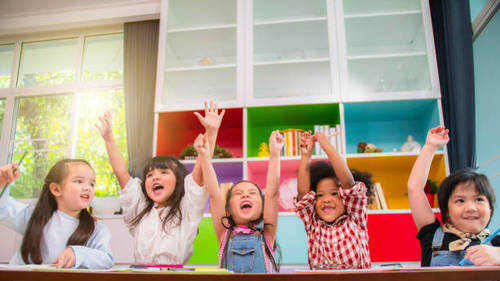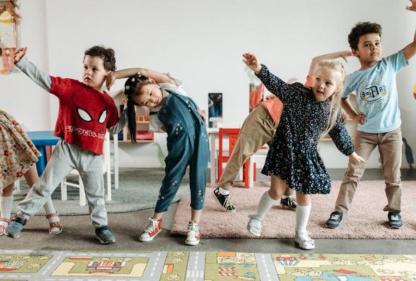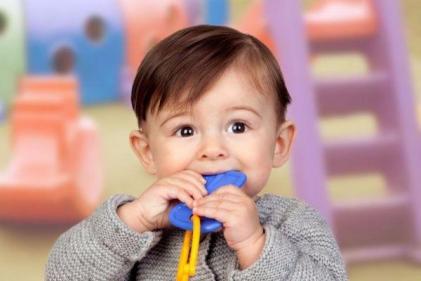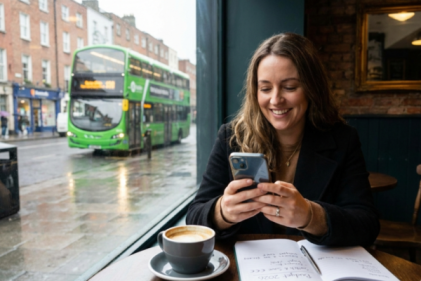Now that your child has passed his third birthday, you may be considering a family holiday. There are many children who end up with frequent flyer miles before their third birthday, but most often parents tend to wait until their child is at least three to take a big trip. Whether you are flying, taking a train, or travelling across country in a motor-home, there are some things you can do to make your holiday with your 3 year old pleasant and fun.
Your Child’s Development
If you are planning a holiday then it may be yourchild’s first time on an airplane, they will certainly be excited. However, just like adults, children can be afraid of flying too. You won’t really know until the plane takes off so it’s best that you prepare for it ahead of time.
Take the time to explain the details of the flight to your child. Or, if possible, visit the airport ahead of time. The hustle and bustle of a busy airport can be overwhelming and will add to his fear, so explain how all the people are happy to be going home or going on holidays. Let your child know that once you get on the plane, it is much more peaceful and it will be exciting. Make the visit fun by showing your child the moving walkways. Spend some time watching planes take off and land.
If you are planning a road trip, bring along a load of patience! A trip in a car can feel twice as long as it is to a child who is trapped in a car-seat. A child’s attention span is short so they will easily get bored. It’s best to plan some activities to keep your little one occupied in the car. You can teach your child how to play “I Spy” or count every red car on the road. Use your imagination to make the road trip fun for your child. It’s also important that you make frequent stops to give your child a chance to stretch his legs and burn off some of his pent up energy.
Regardless of the type of trip you are going on, you’ll want to be prepared for anything. Over-packing is a necessity with a young child. Make sure to bring along your child’s favourite snacks and drinks and lots of toys, books, and specific objects that your child is attached to. Children’s music CD’s and movies are also good to have handy. Lastly, don’t forget to pack a small first aid kit complete with the basics; bandages, gauze, tape, a thermometer, tweezers, a medicine dropper, and children’s fever and pain reliever. Additional items might include stomach medications, sunburn ointment, hydrocortisone cream, antibacterial ointment, burn cream, and insect repellent.
Bring information about your child’s medical insurance, any medical conditions and medication that is taken, and all allergies. Once you’re at your destination, you’ll also want to make a list of all local emergency phone numbers such as the local doctor and hospital.










